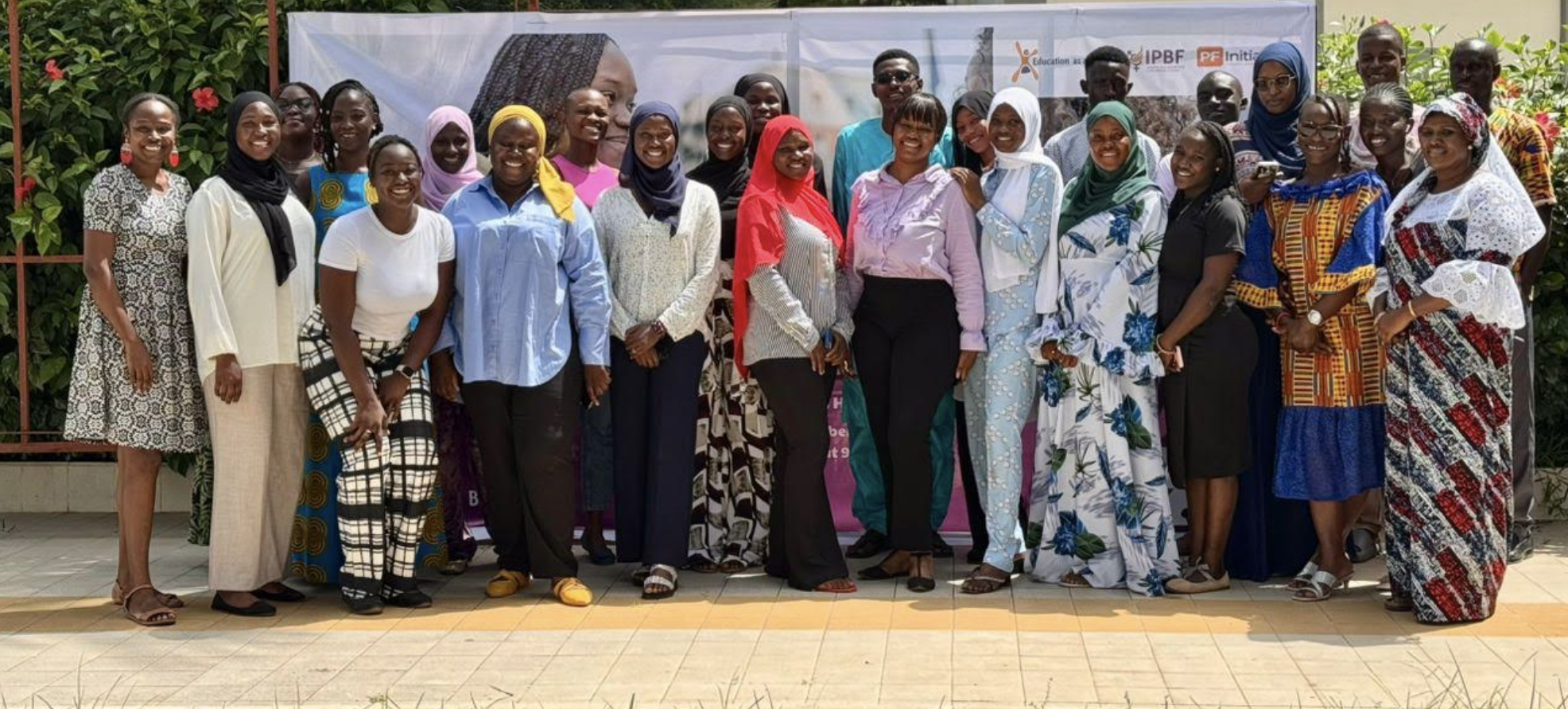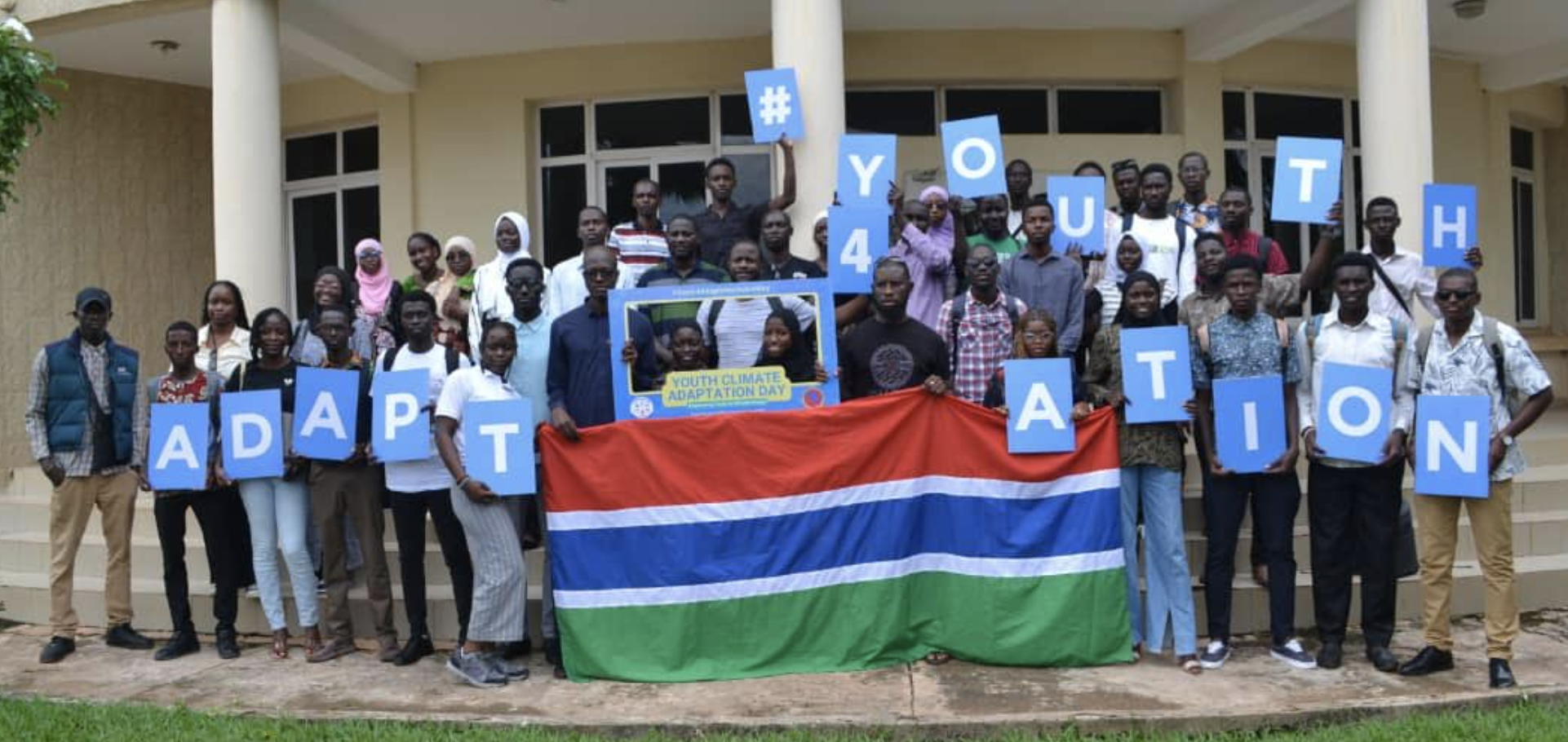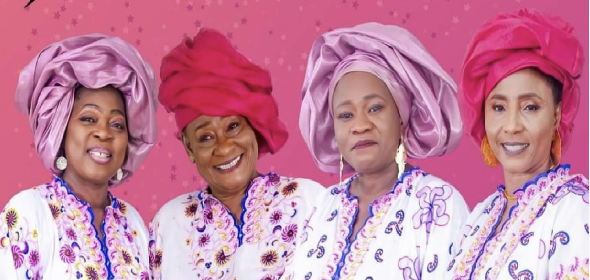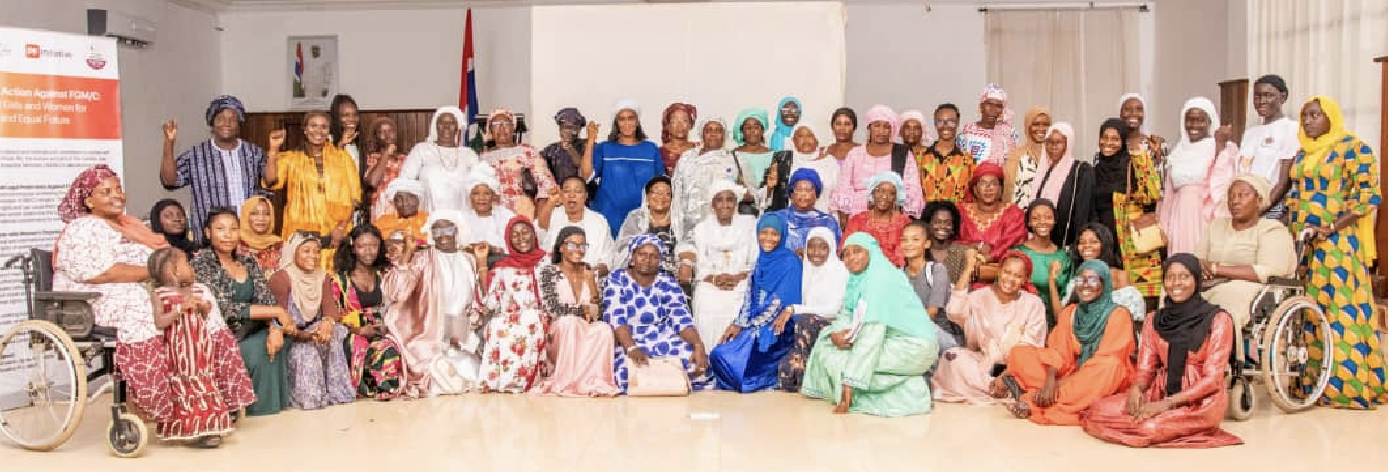PF Initiative (PFI), with support from UNICEF through TANGO, organized a significant event at
Bundung Main Mosque and Ebo Town Mosque focusing on the engagement of religious leaders and
their congregations to uphold the ban on Female Genital Mutilation/Circumcision (FGM/C). Both
events emphasized the collaborative efforts needed to eliminate FGM, which continues to impact the
lives of countless women and girls.
The event highlighted the critical role religious leaders can play in
ending Female Genital Mutilation/Cutting (FGM) in The Gambia. The key recommendation focuses
on a two-pronged approach:
1. Continuous Engagement and Education for Religious Leaders:
Organize regular meetings with religious leaders and their congregations to foster ongoing
dialogue about FGM.
Include diverse community stakeholders in discussions to create a holistic understanding of
the issue.
Develop specialized training programs equipping religious leaders with the knowledge and
tools to address FGM's health, social, and religious aspects.
Encourage collaboration with religious scholars who can publicly refute the misconception of
FGM as a religious requirement.
2. Empowering Religious Leaders as Anti-FGM Champions:
Train religious leaders to effectively communicate the importance of the FGM ban within their
communities.
Encourage them to integrate anti-FGM messages into sermons and teachings, promoting the
ban based on religious principles.
The event in Bundung and Ebo Town Communities marked a significant step forward in the fight
against FGM/C. The active participation of religious leaders and their congregations, combined with
the expertise of health, education, and gender specialists, created a powerful coalition committed to
upholding the FGM/C ban. Aisha Baldeh concluded the meeting by thanking everyone for their
participation and contributions.
The detailed narrative and discussions highlight the multifaceted approach required to combat
FGM/C, involving religious, health, and community leaders working together. This event exemplifies the need for continuous education, open dialogue, and collaborative efforts to sustain the progress made in banning FGM/C and protecting the rights and health of women and girls. PF Initiative express their heartfelt gratitude to all the speakers, participants, and partners for their invaluable contributions and
unwavering commitment to advocating for women and girls rights. This summary captures the collective efforts and insights shared during the event, underscoring the importance of community engagement and education in upholding the FGM/C ban in The Gambia.
Special thanks to UNICEF and TANGO for their support and partnership in making this forum a success.










